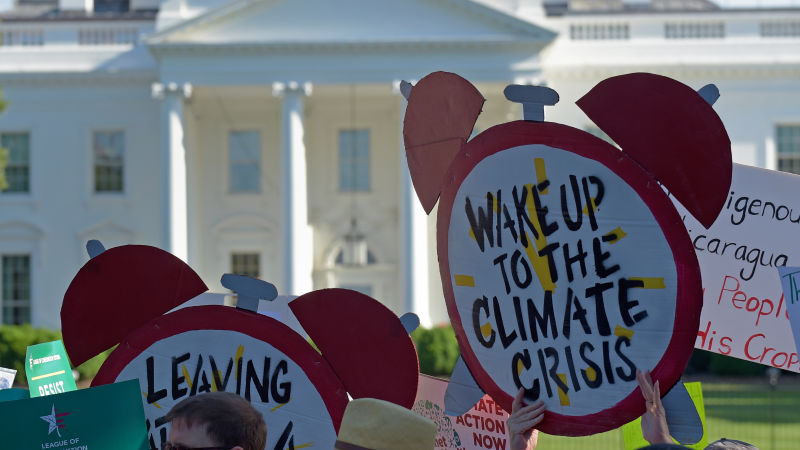The Science People See on Social Media
Science-related Facebook pages draw millions of followers but 'news you can use' posts or ads outnumber ones about scientific discoveries.
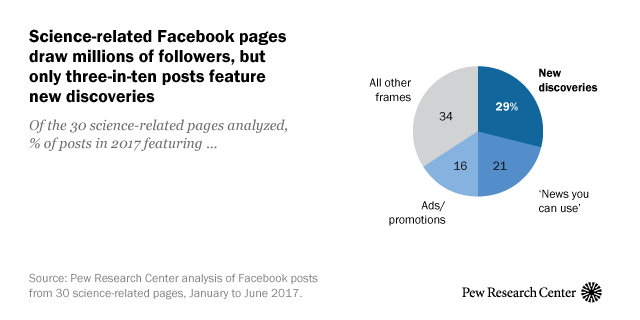
Send us a link
Science-related Facebook pages draw millions of followers but 'news you can use' posts or ads outnumber ones about scientific discoveries.

Public regard for scientists is as strong as ever, but you wouldn't know it. Public trust in scientists has risen over the past three decades in the United Kingdom, even in the post-Brexit era.
A new algorithm is trying to automate the process of identifying gang crimes. But some scientists warn that far from reducing gang violence, the program could do the opposite by eroding trust in communities, or it could brand innocent people as gang members.
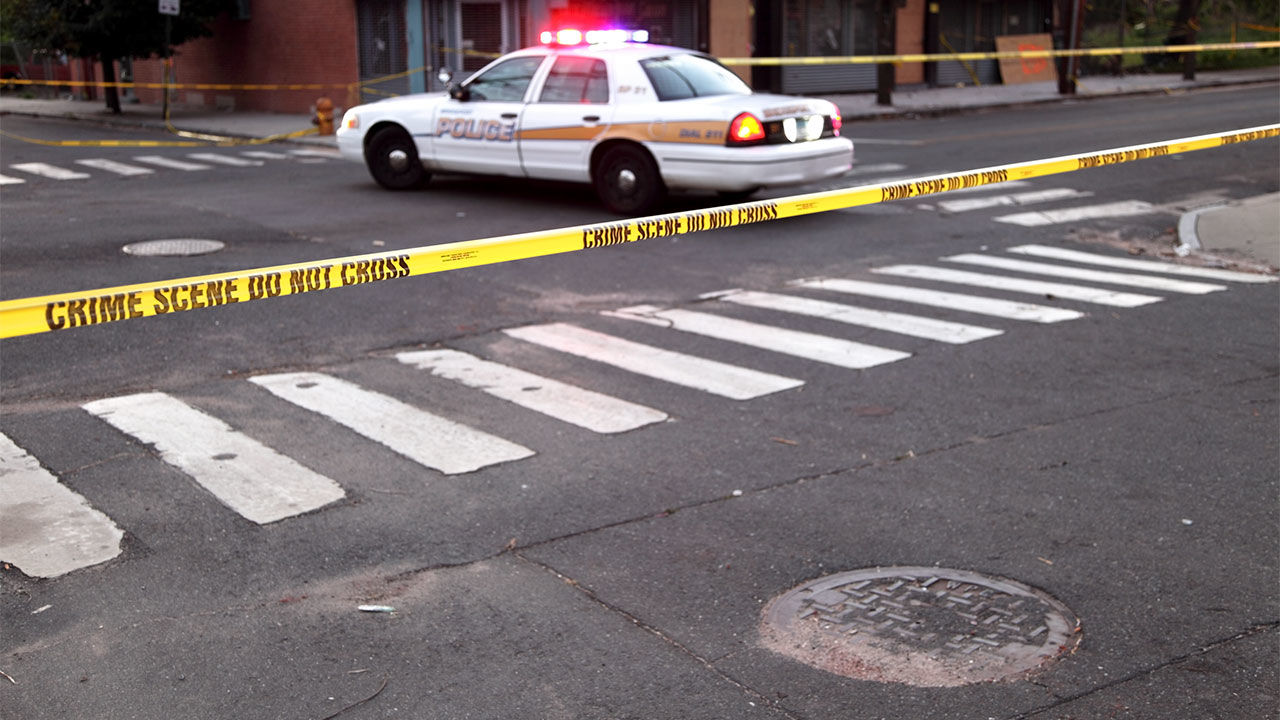
The Open Philanthropy Project’s mission is to give as effectively as we can and share our findings openly so that anyone can build on our work. Through research and grantmaking, we hope to learn how to make philanthropy go especially far in terms of improving lives.
Societal impact should be rated more highly in scientific publishing and research evaluation. To this end, we suggest that ways to achieve it should be introduced as an important component of curricula at higher-education institutions.
Opioids. Fracking. Zika. GMOs. Scientists should be speaking up about all sorts of science-based issues that affect our lives. Especially now, when Trump administration officials tell us that climate change is debatable.

They may be too humble to call themselves heroes, but there's no better way to describe them according to Bill Gates.
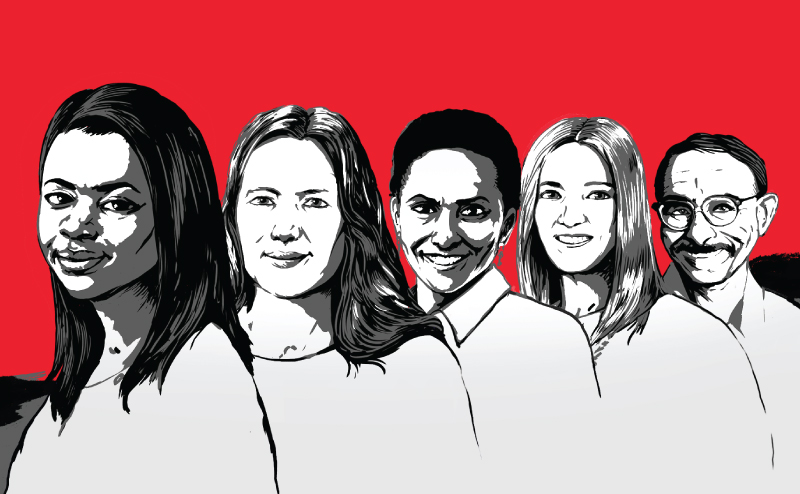
The results of the latest public opinion survey undertaken by Research!America showed that 67% of respondents had a positive image of science and indeed thought that public policy should be based on the best science available.
There is no shortage of problems facing humankind. What role science has in tackling them has long been debated.
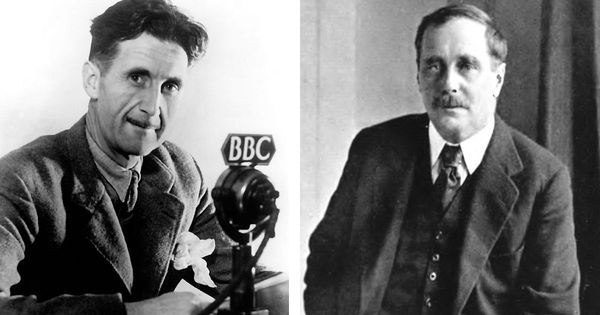
China is taking the idea of a credit score to the extreme, using big data to track and rank what you do - your purchases, your pastimes, your mistakes.

Climatologist Katherine Hayhoe says that scientists have no option but to fight against the politicisation of science.
Social media gets all the attention for polarization, but TV is doing more than its share.
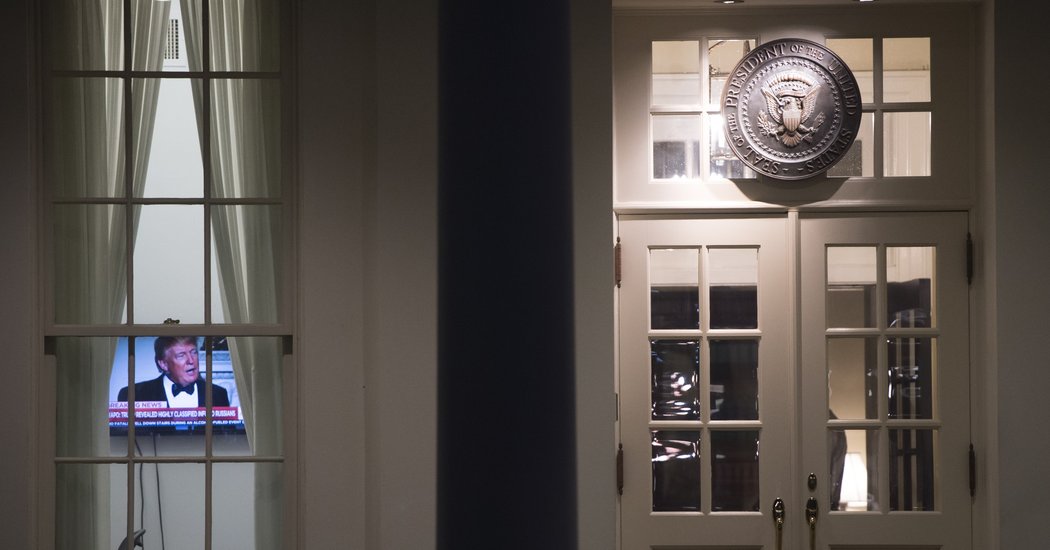
Carbon capture has a bad reputation. But after a year of reporting, I’ve come to a conclusion: It's both vital and viable.

Texas is at risk of a deadly measles outbreak, and yet few have been willing to cast blame on the state’s burgeoning—and notoriously combative—anti-vaccine movement.
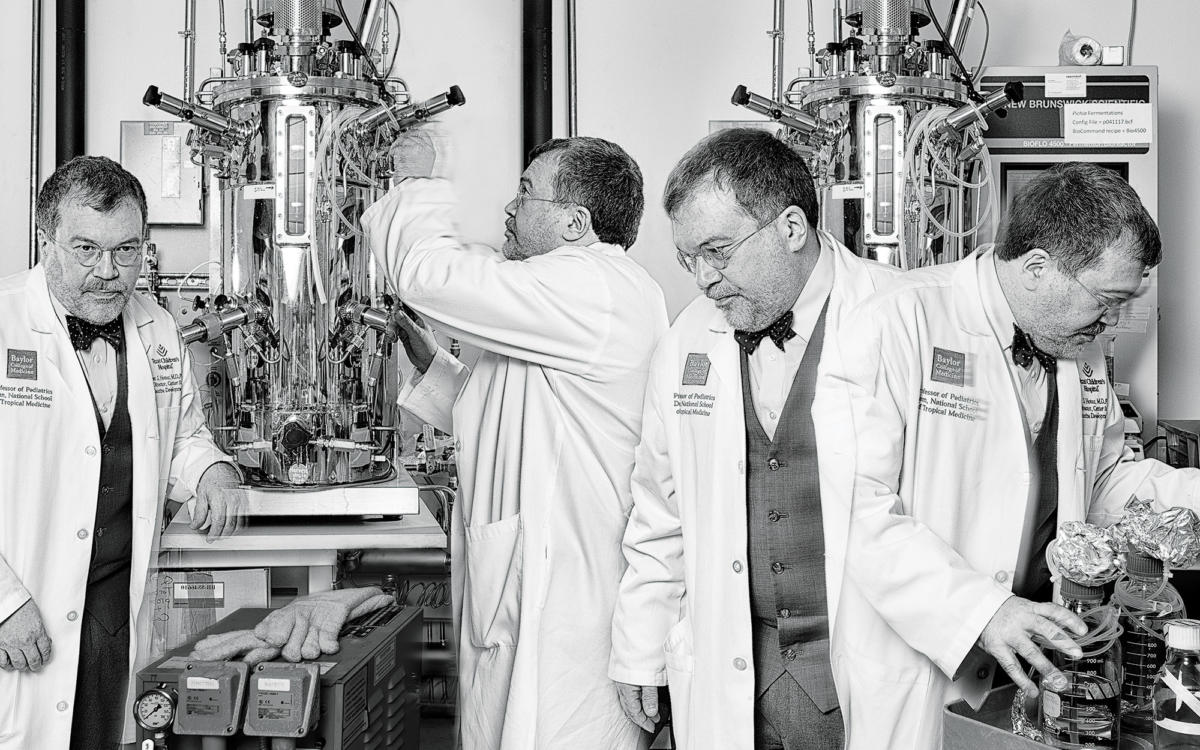
Climate updates describes how our understanding of the science of climate change, and its impacts, have progressed since the 5th Assessment Report of the Intergovernmental Panel on Climate Change.
The cost of renewables is plunging faster than forecasters anticipated just a few years ago as as technologies like gigantic wind turbines arrive on the market.
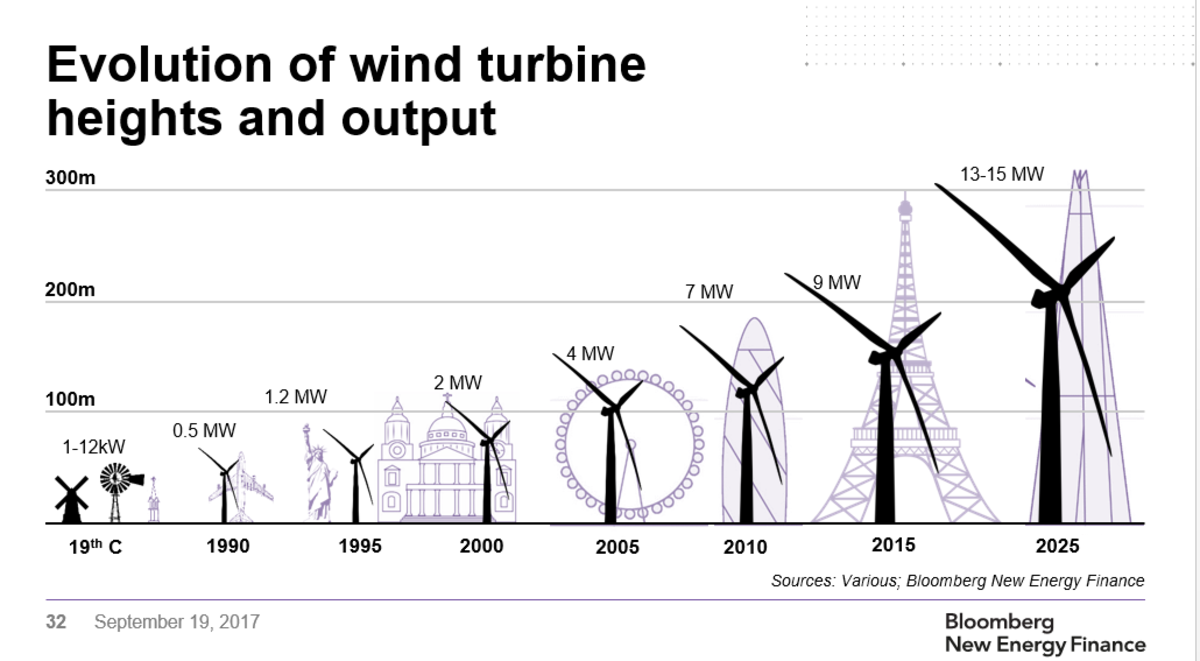
Carlos Moedas, EU Commissioner for Research, Science and Innovation, has called for political leaders to speak more about science and innovation to connect people with the life-changing research that is funded by their taxes and has the potential to combat urgent global problems.
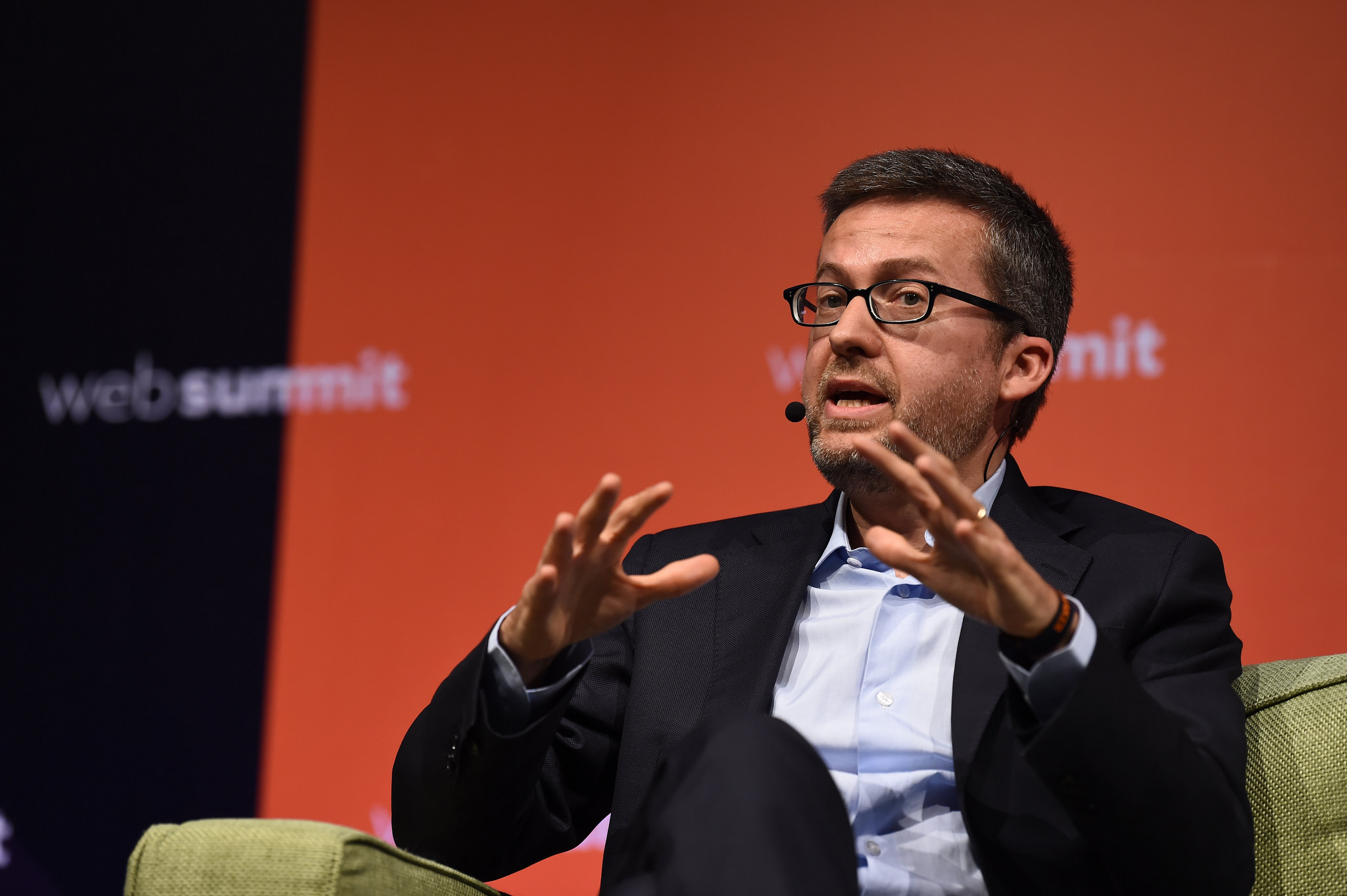
It might feel like rocket science, but scientists need to get better at explaining things to people outside academia.

Critics say the organization is trying to intimidate young scientists.

New study casts doubts on whether more information about science can really change someone's mind.
